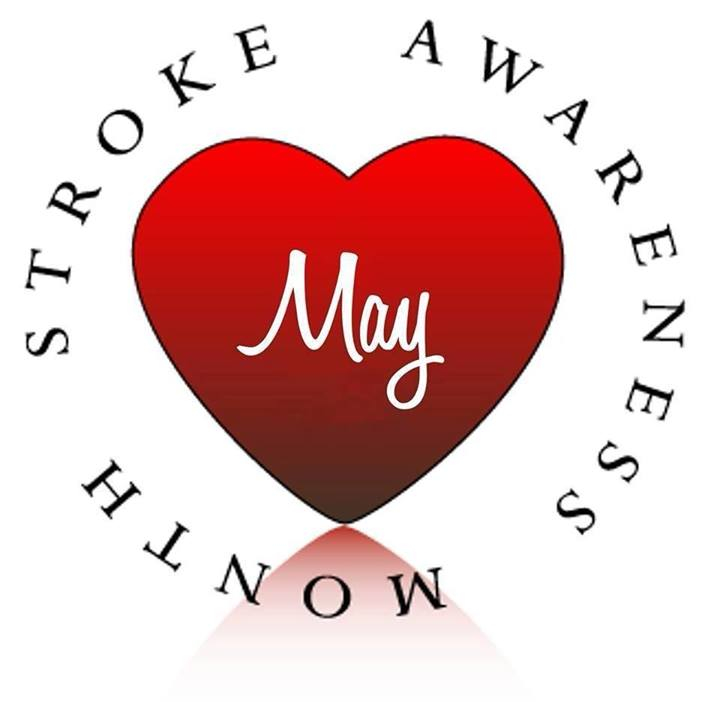 May is Stroke Awareness Month, and this is my annual post on the topic since, as my regular readers know, I am a stroke survivor myself. I am part of an online support group for Young Stroke Survivors, and last night a member opened a discussion by asking what we wanted people to know about our situations. The floodgates were opened. I contributed at least three of the items, but there were a lot more than ten things. So, in no particular order, I’m going to share what I observed to be the top ten things everyone should know about Young Stroke Survivors.
May is Stroke Awareness Month, and this is my annual post on the topic since, as my regular readers know, I am a stroke survivor myself. I am part of an online support group for Young Stroke Survivors, and last night a member opened a discussion by asking what we wanted people to know about our situations. The floodgates were opened. I contributed at least three of the items, but there were a lot more than ten things. So, in no particular order, I’m going to share what I observed to be the top ten things everyone should know about Young Stroke Survivors.
- You are never too young to have a stroke. 34% of the hospitalized strokes in the US affect people under the age of 65. Our group includes people who had their strokes while still in their mother’s womb. We have a large number of teenagers in our group who are stroke survivors.
- Strokes in young people are most often caused by accidents or other illnesses, not poor diet or exercise habits. Most of the young stroke survivors were in “perfect” health before their stroke(s). Please don’t assume that you can’t have a stroke because you eat well, have normal blood pressure, exercise, don’t smoke, etc. I was a vegetarian, competitive swim coach, normal labs, and have never smoked. We didn’t know I had a neurological disorder and a hole in my heart from birth.
- Doctors, even in the ER, are more likely to misdiagnose us. They just don’t expect a child, teen, or young adult to have a stroke. I can’t tell you how many of my fellow young stroke survivors were sent home from the hospital misdiagnosed or ignored.
- Stroke affects our families and friends, too. Parents of children with strokes become full-time advocates, researchers, therapists, and care-givers. Significant others see their future hopes and dreams change. Family finances are adversely affected. Young children of a stroke survivor are often scared of losing their parent and don’t have the vocabulary or maturity to ask their questions; this often causes them to act out or withdraw. Please give family members some extra grace and attention as they adjust to what’s happened. It’s sad to realize how many stroke survivors lose their significant others and friends because stroke is so life-altering, and definitely not what any of us signed on for.
- Just because you can’t see it, doesn’t mean it’s not real. Many stroke survivors look “normal” but deal with other deficits like fatigue, chronic pain and neuropathy, trouble speaking and concentrating, difficulty in learning or organizing thoughts, change in bowel habits or urinary control. We are doing the best we can to return to “normal,” but sadly most of us are learning to do the best we can in our “new normal.”
- Recovery or learning to compensate is a long process. It’s not like a surgery where you are back to normal in six weeks. There is no set timeline for healing. Telling us to “get over it” or “get on with life” is never helpful. Help us celebrate daily improvements, and allow us to grieve the loss of our abilities and dreams as we figure out the future. Many of us lost our careers and independence to stroke. It takes awhile to process the change and figure out what we can do.
- It’s not all in our heads. OK, well actually by definition a stroke is in our heads. However, in many cases doctors can’t readily find a cause and if we look “normal” friends and family often accuse young survivors of making up symptoms or taking advantage of the situation. I promise you, not one of us would struggle this way by choice. Damage to the brain can cause personality changes as well as physical changes. For some of us, depression can be an after-affect of stroke because of all we’ve lost or changes in the brain. In the vast majority of cases, though, depression is not the cause of why we behave as we do, but a reaction to what has happened.
- No two stroke patients are affected alike. Stroke affects every survivor differently based on what part of the brain was attacked, the type of stroke (ischemic or hemorrhagic), the severity of the stroke, and the care and rehab received after the stroke. Please don’t compare a young stroke survivor to your great-aunt who had a stroke and died (perhaps she died because she was 92 rather than because of the stroke?), or your grandfather who went fishing a week later. Every stroke is different.
- Every stroke survivor needs an advocate. We often can’t speak or think for ourselves during the attack and the days or weeks following. Ask questions. Do your own research. Respectfully and assertively ensure that your loved one is getting the best care possible. Especially in the case of young stroke victims, most doctors and nurses are often at a disadvantage because they don’t see these cases frequently enough to know that stroke can be a symptom of disease or injury rather than in isolated event. Speak UP!! If what the medical staff is telling you doesn’t make sense or doesn’t seem right, get a second, third, or fourth opinion. I went through four neurologists before we found a doctor who would truly listen to me and was determined to get to the bottom of things.
- Know the warning signs of a stroke! You, or someone you love, will have a stroke. Sorry, that’s the statistics talking, not me.
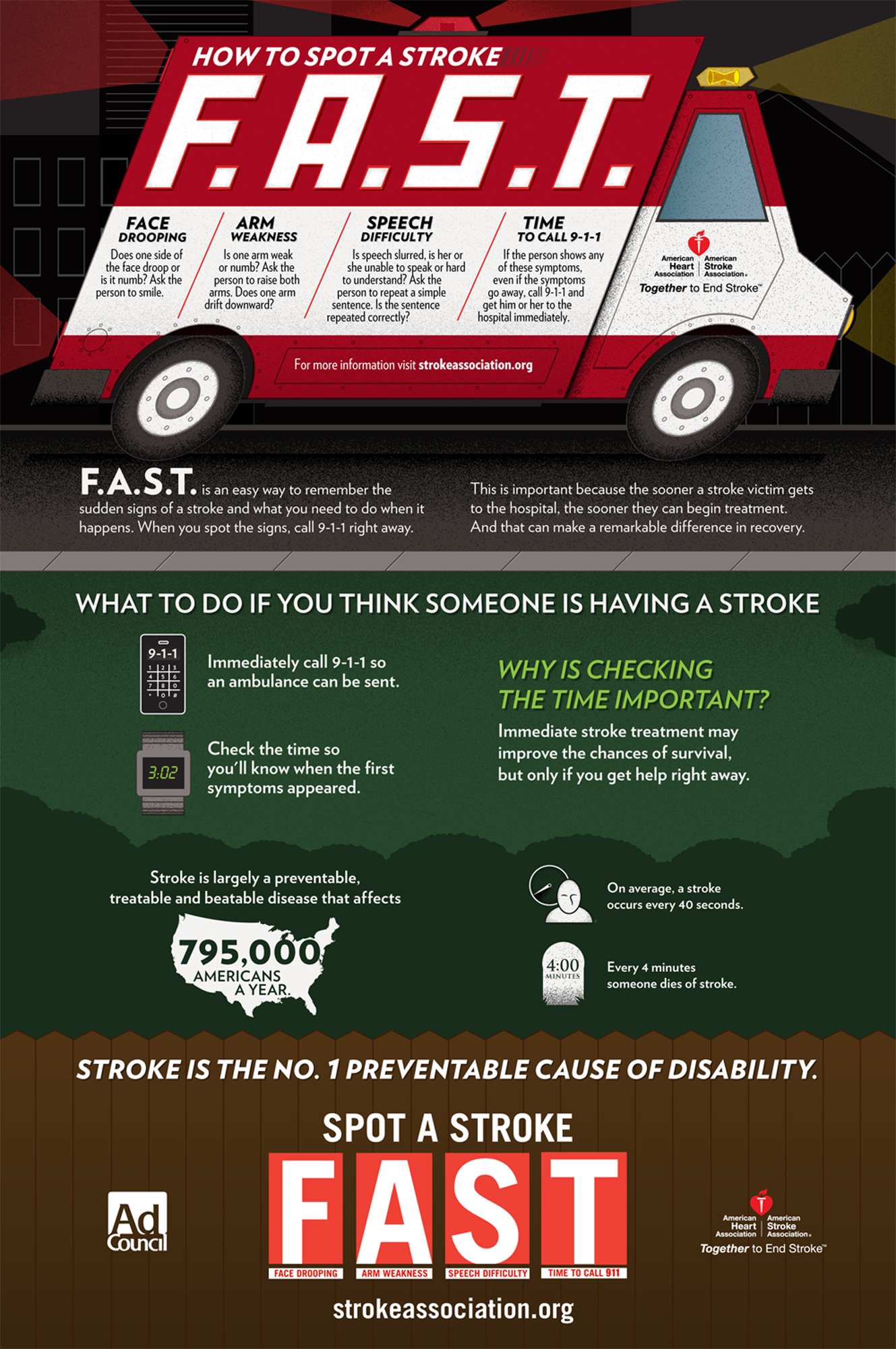
Please help me in spreading the word and share this post. Also, if you are a young stroke survivor and want to add to the list , please leave a comment. This list is by no means all inclusive, just the items that many of us thought were most important.
Also, if you are a young stroke survivor and looking for an online support group, please feel free to email me at KathrynMcClatchy@gmail.com and I’ll hook you up.
Here’s hoping the rest of you never become a member of our club.
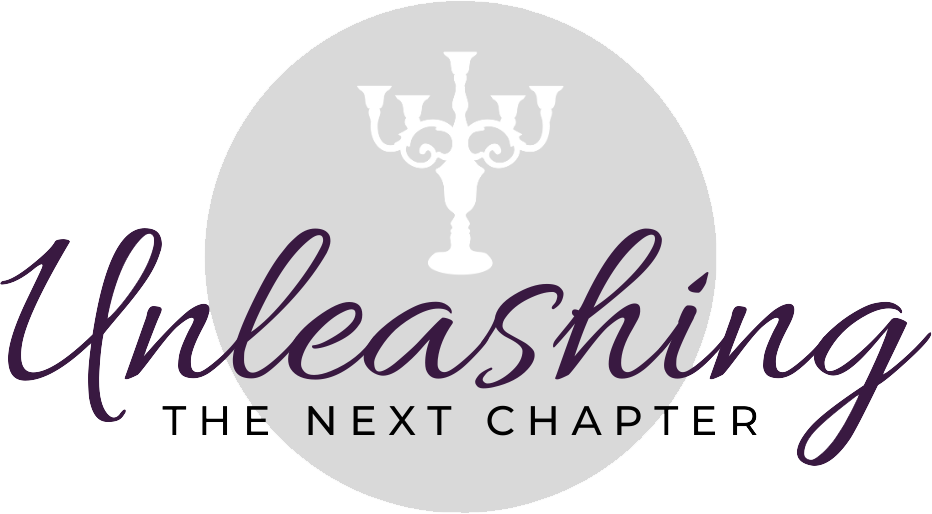
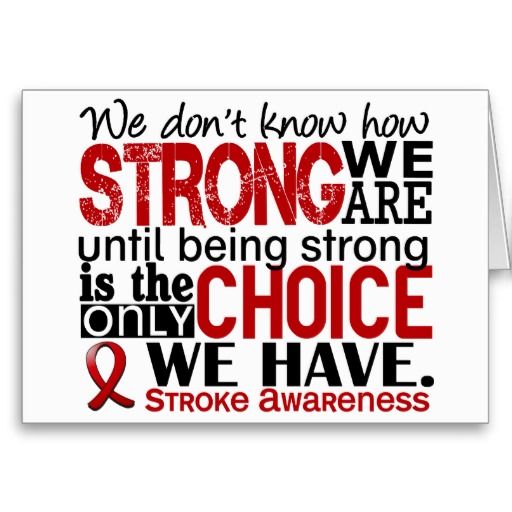
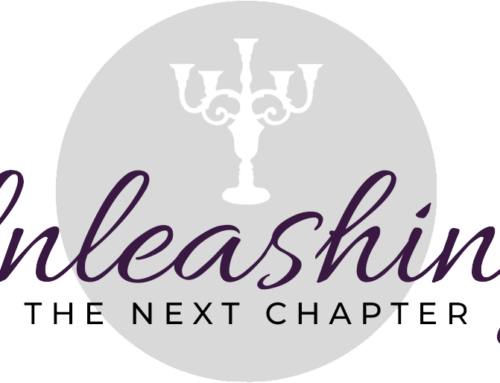
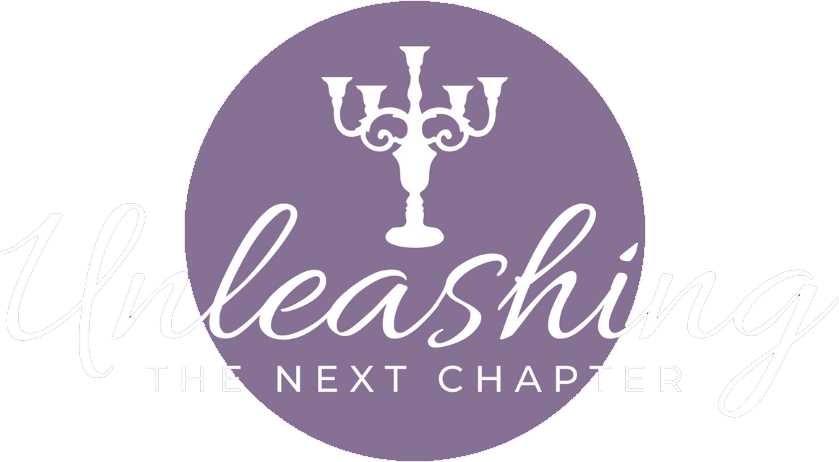
Thanks so much for this blog! I had no idea this site existed and didn’t realize that many others had strokes at a young age. Reading this blog was a huge eye-opener for me! Thanks
I’m so glad, Michelle. I didn’t realize how many young people stroke until I had my first at 37. I didn’t go to the doctor until the next day because stroke never crossed my mind. EVERYONE needs to know the warning signs. I hope you found some other posts here that you enjoy also.
I think this line should be written again and again and again: “Every stroke survivor needs an advocate”! Strokes are definitely not a “one size fits all” type of condition. Short term and long term… we all have different experiences.
I wish you the best of luck. Thank you for sharing the awareness of strokes, especially of strokes hitting young people.